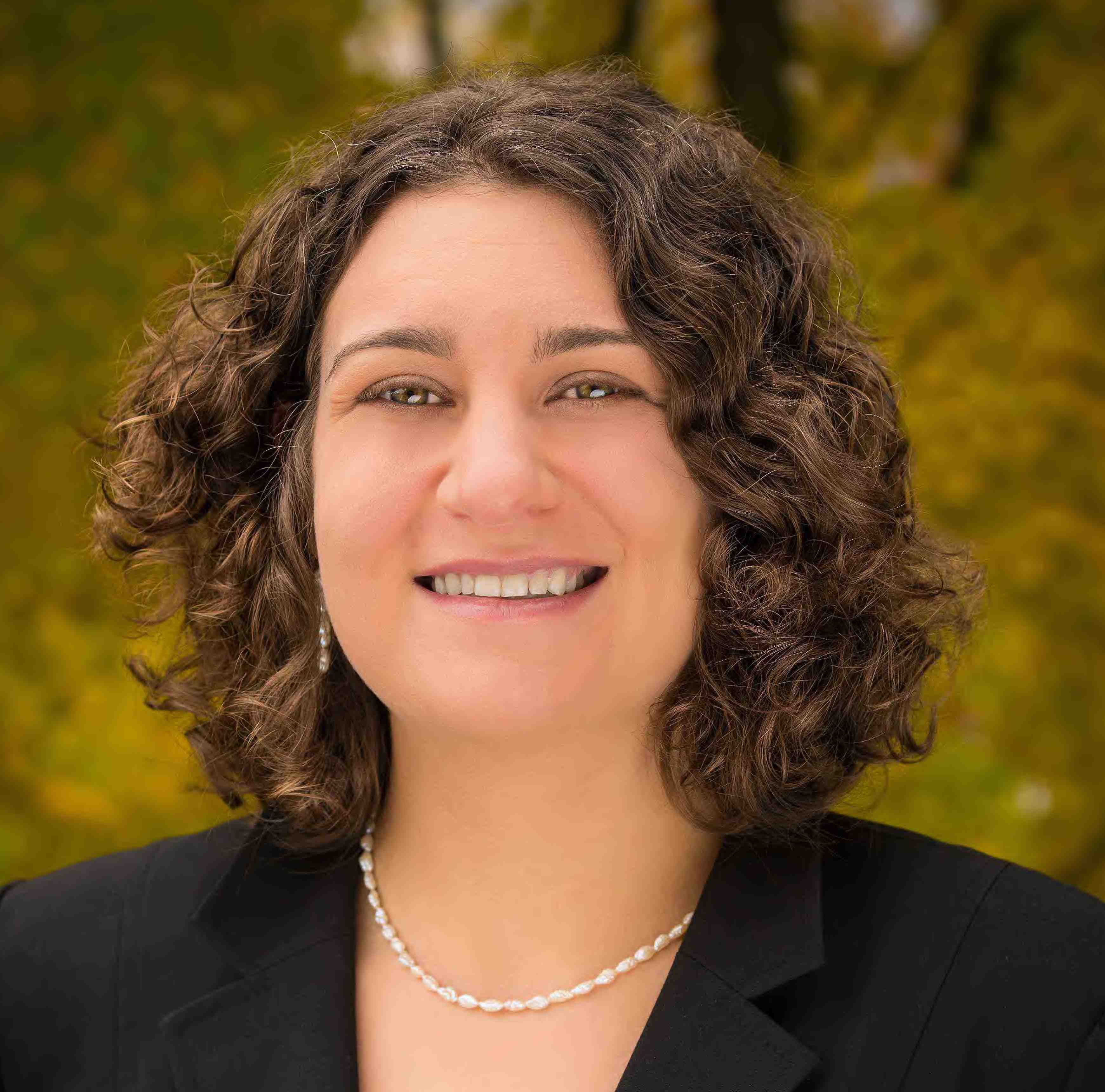Associate Professor
Elana Fertig
Defining immune signatures of therapeutic response with non-negative matrix factorization of bulk and single cell data
In spite of advances to targeted therapies and immunotherapies, therapeutic resistance is still a critical challenge in cancer. The interactions between cancer and other cells in the tumor microenvironment drive therapeutic response and resistance. Time course genomics profiling and new single cell technologies unprecedented measurements of the tumor microenvironment to elucidate the unknown interactions responsible for therapeutic response and resistance. Interpreting the molecular and cellular mechanisms of therapeutic response relies critically on the analysis methods to interpret these data. We demonstrate that the matrix factorization method CoGAPS uncovers regulatory mechanisms associated with therapeutic resistance in model systems. Furthermore, the patterns learned with CoGAPS can be related to patient response through transfer learning to deconvolve distance resistance mechanisms across data modalities and in patient samples.

Associate Professor Elana Fertig
Assistant Director of the Research Program in Quantitative Sciences, Associate Professor of Oncology, Biomedical Engineering, and Applied Mathematics and Statistics, Johns Hopkins University
Dr. Fertig runs a hybrid computational and experimental lab in the systems biology of cancer and therapeutic response. Her wet lab develops time course models of therapeutic resistance and performs single cell technology development. Her computational methods blend mathematical modeling and artificial intelligence to determine the biomarkers and molecular mechanisms of therapeutic resistance from multi-platform genomics data. These techniques have broad applicability beyond her resistance models, including notably to the analysis of clinical biospecimens, developmental biology, and neuroscience.
Dr. Fertig is an Associate Professor of Oncology and Assistant Director of the Research Program in Quantitative Sciences at Johns Hopkins University, with secondary appointments in Biomedical Engineering and Applied Mathematics and Statistics, affiliations in the Institute of Computational Medicine, Center for Computational Genomics, Machine Learning, Mathematical Institute for Data Science, and the Center for Computational Biology. Prior to entering the field of computational cancer biology, Dr Fertig was a NASA research fellow in numerical weather prediction. Dr. Fertig’s research is featured in numerous peer reviewed publications, R/Bioconductor packages, and independent research funding. She led the team that won the HPN-DREAM8 algorithm to predict phospho-proteomic trajectories from therapeutic response in cancer cells.
